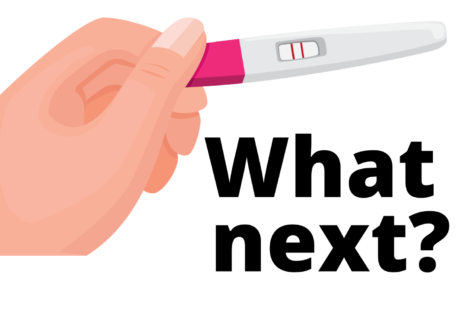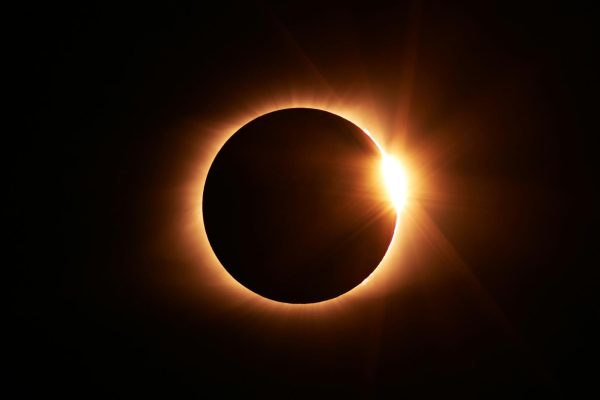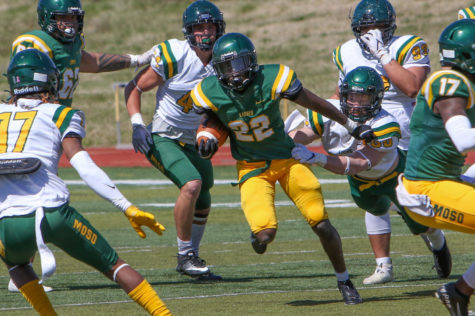Students to travel abroad amidst war in Eastern Europe
In the spring of 2022, Missouri Southern State University students are heading out to seven study abroad trips in Europe for the first time since before the Covid-19 pandemic hit.
However, an unforeseen factor, for the study abroad trips this year is not only the pandemic, but also the ongoing war between Ukraine and Russia.
“We communicate with other universities and most universities are also running study abroad programs – most universities haven’t had study abroad trips for about three years because of Covid,” said Dr. Chad Stebbins, Director of the Institute of International Studies. “I don’t know of any that are canceling programs because of what is going on in Ukraine.”
Dr. Stebbins communicates with MSSU’s President’s Cabinet, as well as other qualified professionals, to decide the safety of the study abroad trips.
“We also talk to our travel agent who is in touch with other travel professionals. We do monitor the situation on a daily basis, and if there’s any danger we wouldn’t go,” Dr. Stebbins said. “But it [the topic of the war] hasn’t even bubbled up yet.”
Dr. Stebbins and the Institute of International Studies travel only to countries they deem safe.
We do monitor the situation on a daily basis, and if there’s any danger we wouldn’t go.
— Dr. Chad Stebbins
“Obviously we wouldn’t go to Ukraine or Belarus or Russia, or probably even Poland – but the countries we are going to, there’s no fighting taking place there,” Dr. Stebbins said.“We don’t believe the students or faculty will be in any danger. We are keeping abreast of the situation.”
On April 19, the most recent action was about 20 miles from the Russian border. This is the furthest point east away from Czech, which is the trip closest to the situation.
“You’re still going to be quite a ways away from the fighting, especially now that it seems to be moving more into eastern Ukraine,” Dr. Stebbins said.
Professor of Art and Department Chair Frank Pishkur will be escorting five students to the Czech Republic.
“I think being confronted with the refugee crisis first hand will be the largest factor we will face,” Pishkur said. “The city spaces will be different than if we were there in January and some of what we see may be very sad because it’s very different to see people in person suffering than a photograph.”
According to Daily News Hungary, in February, there were 240,000 Ukrainian refugees in the Czech Republic.
“We do monitor the [the war] situation on a daily basis and if there is any danger, we wouldn’t go, but with that said, traveling in the US could be dangerous because you’re not guaranteed safety anywhere in the world because it’s always somewhat of a calculated risk,” Dr.Stebbins said. “We can’t live our lives worrying about what might happen.”
Your donation will support the student journalists of Missouri Southern State University. Your contribution will allow us to purchase equipment and cover our annual website hosting costs.
































